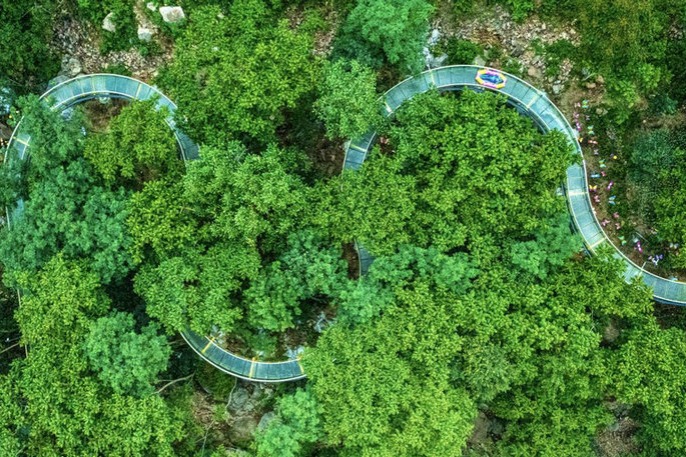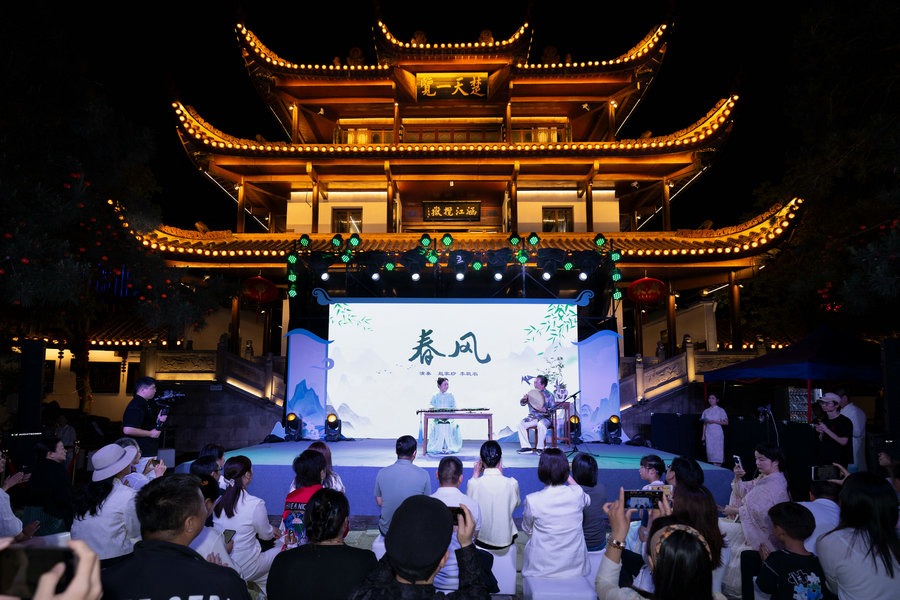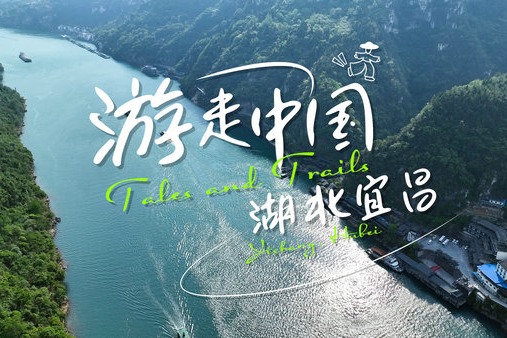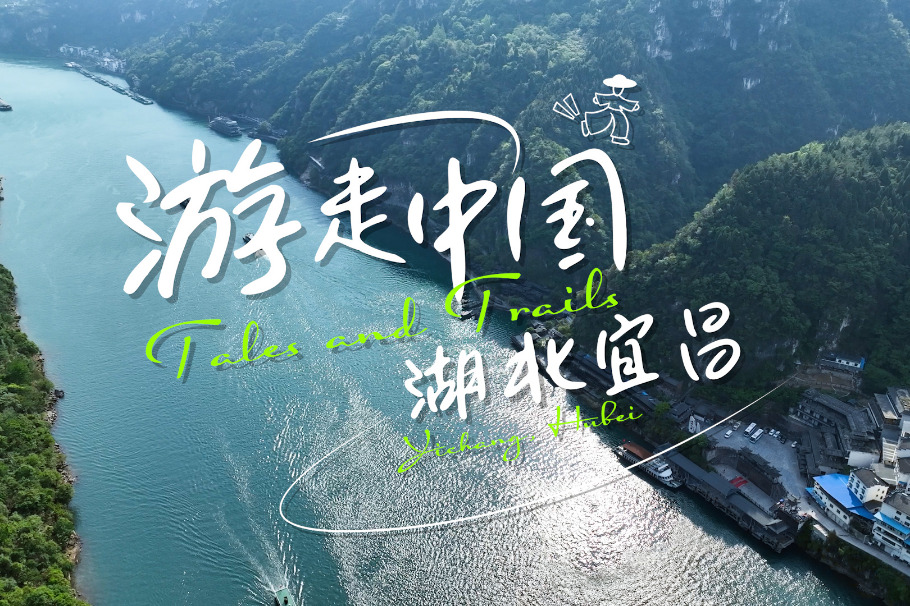Current fosters wave of creativity
Yangtze River has inspired poets and philosophers down the centuries, Xu Lin and Liu Kun report.

In 1638, during his last expedition, Ming Dynasty explorer Xu Xiake reached the banks of the Jinsha River in modern-day Yunnan province. Defying established authorities with solid proof based on firsthand fieldwork, he boldly concluded that the much longer Jinsha River was the true origin and documented his findings in an article.
Unfortunately, his groundbreaking adventure was forced to halt in Yunnan when severe foot disease incapacitated him. Helped by local officials, he returned to his hometown along the Yangtze River, Jiangyin (also in today's Jiangsu) in 1640, where he passed away a year later.
It was not until the late 1970s that China's scientific investigation team confirmed the Tuotuo River — originating from meltwater of the glaciers of Geladandong, the main peak of the Tangula Mountains on the Qinghai-Tibet Plateau — as the Yangtze River's primary source.

































